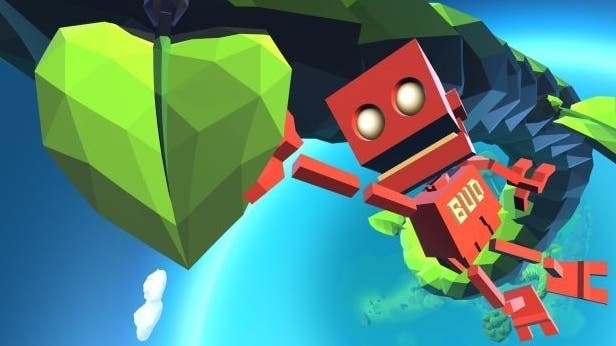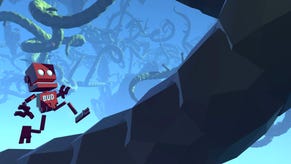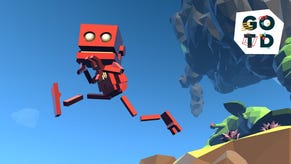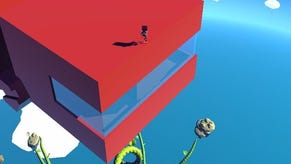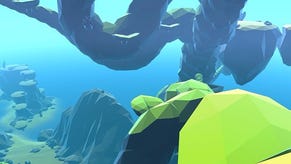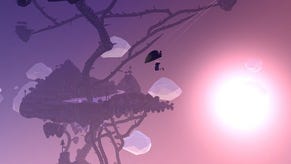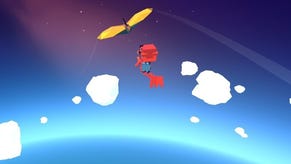Someone should make a game about: The Baron in the Trees
Root and branch.
Hello, and welcome to our new series which picks out interesting things that we'd love someone to make a game about.
This isn't a chance for us to pretend we're game designers, more an opportunity to celebrate the range of subjects games can tackle and the sorts of things that seem filled with glorious gamey promise.
Check out our 'Someone should make a game about' archive for all our pieces so far.
"It was on 15 June 1767 that Cosimo Piovasco di Rondo, my brother, sat among us for the last time." Cosimo does not die. Instead, in revolt against a family dinner of snails, Cosimo pushes back his plate, leaves the room and is seen moments later climbing the holm oak outside the window. Cosimo is twelve at the time. He lives the rest of his life amongst trees, never returning to earth.
I can't remember when I first read The Baron in the Trees, a shortish novel by Italo Calvino. But it was long enough for the details of the narrative to blur and blend and leave in their place a genial sort of mood and a scattering of sunlit sensations: the creaking of warm boughs, the childish sense of a summer's potential. I gather that, by the point Calvino started writing novels like this, and The Cloven Viscount which preceded it, he had been known as a bit of a realist. The story of a boy who lives among trees - the story of a Viscount who is split in half by a cannonball and goes on to live two independent lives - these things could not be mistaken for realism. But Calvino darts around something that feels very natural. The revolt against the snails feels very real, the details of treetop living, while expanded to a fantastical degree, is based on a well observed woodiness. The different trees come across with their peculiarities, many of the challenges of living up in the branches are addressed, even as Cosimo gets into adventures, falls in love, and grows to old age.
Calvino himself continues to mystify me. I have no real sense of him as a writer despite having read a handful of his books and having loved all I've read. Or rather, the sense of him is not the sense I am left with from reading other authors. The sense with Calvino's books is always one of cheerful revelation, of being granted a kind of permission. A book of first chapters, a book of fantastical cities described to a ruler, a baron who lives in the trees: Oh god, you're allowed to do this! You're actually allowed to write like this, to imagine with such lightness and specificity! Of course!
Games have this, I reckon. On the bus in today I played a game about a radish. But it's still worth remembering: you really can do anything. And what Calvino does with The Baron in the Trees feels very game-adjacent. That focus on the business of living in trees as well as what the baron gets up to in there. He gives the book a kind of physics that grounds it. And he's written a novel, essentially, about a traversal system! Fantasy and a kind of pragmatism, the disciplined eye, to quote Dorothy Parker, and the wild mind.
The disciplined eye and the wild mind! If that's not games, what is?
